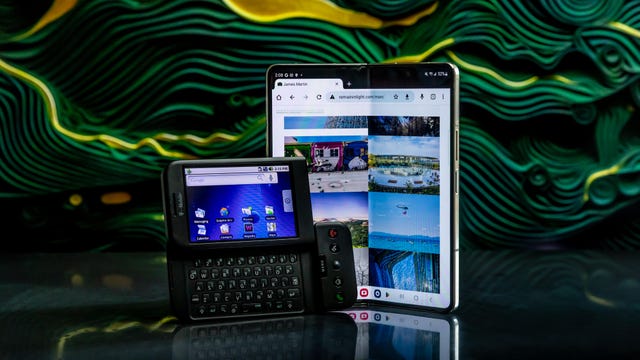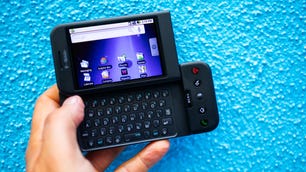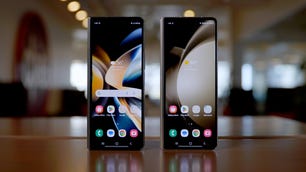SpaceX has launched the first satellites with the capability to connect to smartphones on the ground, which will help expand coverage for T-Mobile customers. Contrast that against Apple’s existing Emergency SOS via Satellite service that uses Globalstar ground relay stations as a relay between iPhones and satellites.
T-Mobile announced its partnership with SpaceX in August 2022. The agreement lets T-Mobile use the tech company’s satellites to connect customers venturing outside the carrier’s cellular network, which reached 300 million Americans as of last October. The remaining areas not covered by T-Mobile’s network are difficult for network towers to reach, either because of geography or land-use restrictions, according to T-Mobile’s press release.
Read more: Best Cellphone Plans of 2024
SpaceX launched its new set of phone-connecting satellites Wednesday morning and said testing them with T-Mobile’s network will “soon begin.” This is later than expected, as a SpaceX executive said last March that the company planned to start testing the service sometime in 2023.
Once the service is activated, T-Mobile customers will be “connected nearly everywhere they can see the sky, and in most cases, with the phone they already have,” according to the press release. The service will start with just text messaging, though it will expand to voice and data in the coming years.
It’s not clear when the service will activate for T-Mobile customers, whether it will be available for all plans or which phones will be able to use the service. The carrier didn’t provide clarification by time of publication.
T-Mobile’s rivals are also working on their own satellite solutions. AT&T has partnered with AST SpaceMobile and completed its first test using its satellites to connect a call last year. Verizon partnered with Amazon’s Project Kuiper, which launched its first test satellites in October.
Others in the mobile industry have announced their own satellite connectivity solutions. The Motorola Defy 2 debuted last year under Bullitt’s rugged phone brand, using its proprietary satellite network solution, while Qualcomm unveiled a partnership with satellite company Iridium that folded by in November. By year’s end, only Apple’s Emergency SOS for its iPhone 14 and iPhone 15 series offered satellite connectivity among mainstream phones.
Read more: Satellite Messaging: The 2023 Phones Trend That Wasn’t (Yet)



